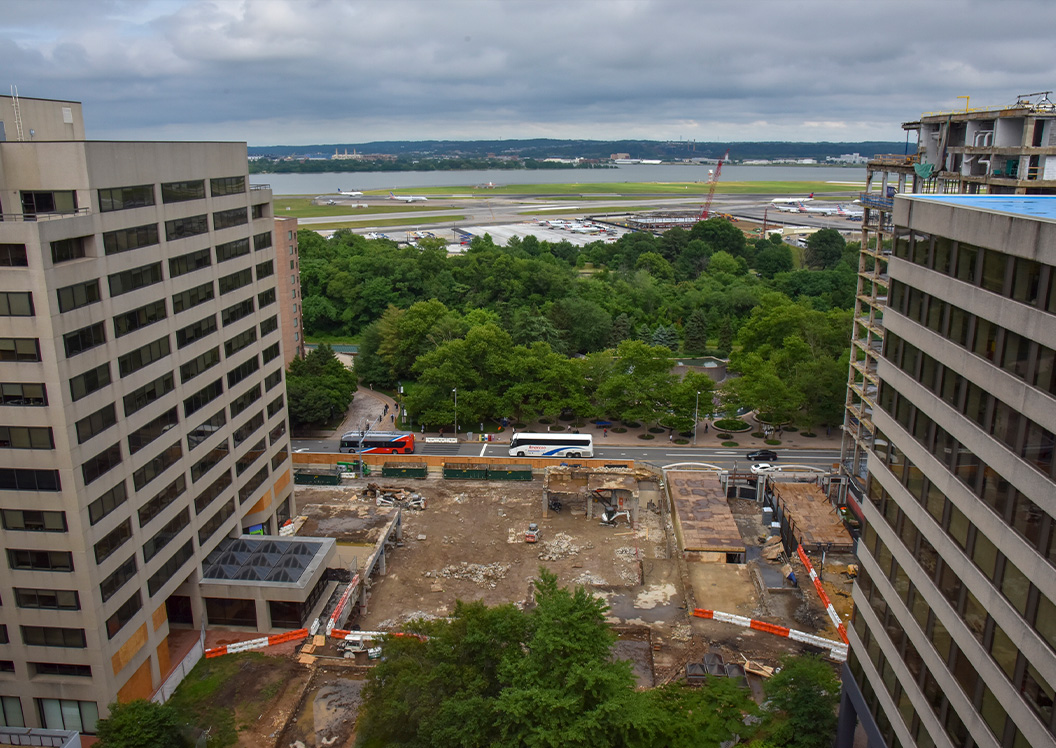Amazon is slashing more of its retail inventory as the e-commerce giant continues to struggle building out a physical store footprint.
The company is closing eight Amazon Go cashierless stores across the country, Bloomberg reported. The stores are split between Amazon’s home base in Seattle, as well as San Francisco and New York City.
The stores will close at the end of the month. In a statement, a spokesperson for Amazon said the closures came after a periodic assessment of its physical presence and that the company remains committed to the Amazon Go format, maintaining 20 locations.
Still, this appears to be another setback for Amazon’s push to be in front of consumers while off screen. The first cashierless store was revealed to much fanfare only seven years ago, designed to be convenient for quick stops by office workers on the move.
The pandemic did the format no favors, though, as fewer office workers meant less demand for what Amazon Go had to offer.
Amazon’s biggest foray into physical forefronts didn’t arise out of an original idea, but an acquisition. In 2017, Amazon acquired Whole Foods for $13 billion, and followed up with the launch of its own Amazon Fresh supermarkets to function as two major players in the grocery industry.
Amazon Fresh is already looking stale, however, leaving many communities coping with so-called “zombie” stores ready to open, but remaining closed. The company appeared to stop opening Amazon Fresh stores in September, leaving seven stores ready to open and 26 stuck in the development pipeline.
Amazon also recently scrapped plans for its first big-box store, which would have offered clothes, groceries and other items. The decision came after the company’s fourth-quarter earnings call revealed the struggles of Amazon’s physical stores, which also includes bookstores and pop-up shops; last March, it closed all 68 of its bookstores, pop-up shops and 4-star stores.
Last week, the copmpany pumped the brakes on constructing the second phase of its second headquarters in northern Virginia. The company recently revealed its largest-ever round of layoffs.
— Holden Walter-Warner
Read more



